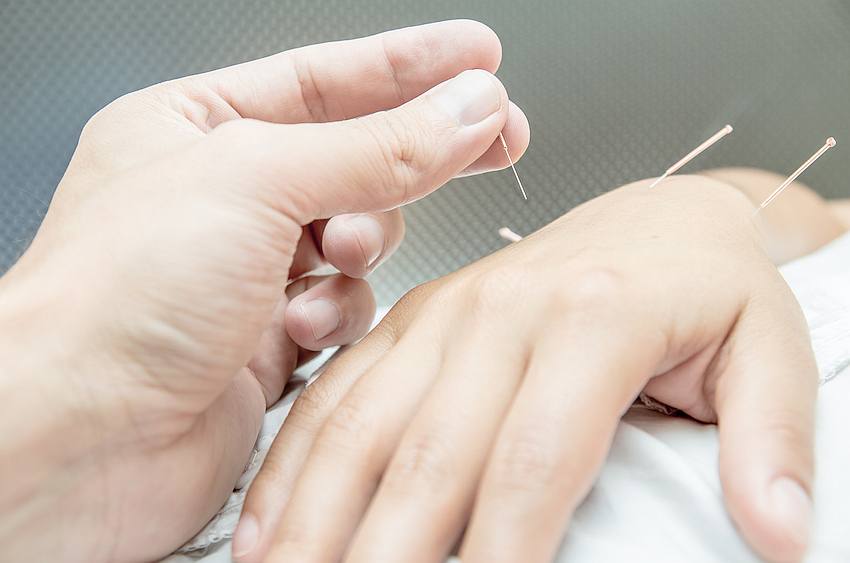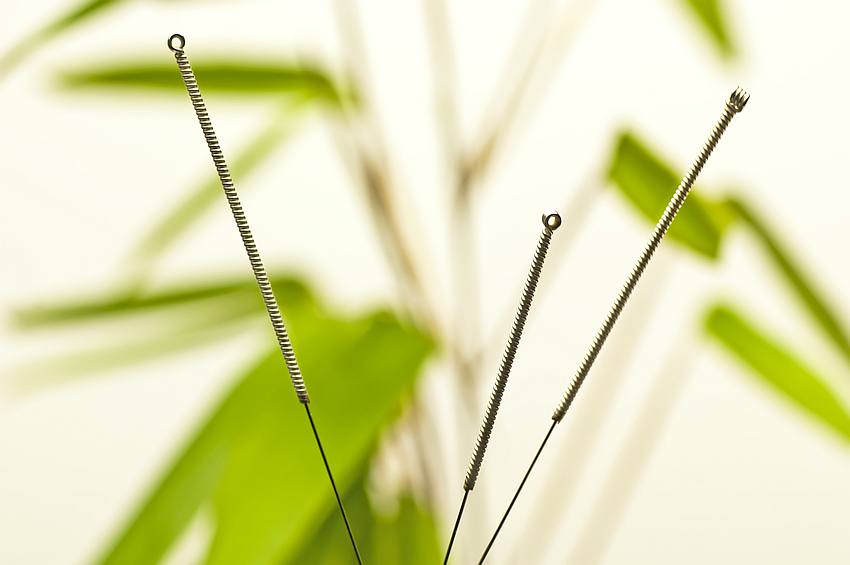Acupuncture has been part of healthcare for millions of people over thousands of years. It consists of placing ultra-thin needles on various points on the body to help re-direct the flow of blood and Qi (energy). Pain and disease occur in areas where blood and energy get blocked and stagnate. When acupuncture points are stimulated, it helps to unblock these areas to resolve pain, prevent disease, improve immune function, and restore the overall balance of the body.
To explain how acupuncture works in a modern western medical sense; acupuncture helps to stimulate the healing mechanism in the body. When an acupuncture needle is properly placed, it activates the nervous, immune, and endocrine systems. It activates the nervous system to release endorphins (a hormone produced in the brain that relieves pain and produces a feeling of well being or happiness ), norepinephrine ( a hormone that is responsible for alertness, memory and concentration) and oxytocin (a hormone responsible for resting and feeling calm). Acupuncture also releases pressure on joint structures and nerves which allows better circulatory flow and an overall help for the body to heal and detoxify. With all of these positive side effects, you can see why acupuncture can be beneficial for not just pain – but so many other different ailments as well.


What can Acupuncture Treat?
According to the World Health Organization, the National Institutes for Health, and clinical experience, Acupuncture is useful in the treatment of:
- Chronic and Acute Pain – Injuries, headaches, neck and back pain, tendonitis, sciatica, carpal tunnel syndrome, fibromyalgia
- Neurological Disorders – Post-stroke recover, Bell’s Palsy & Trigeminal Neuralgia, movement disorders.
- Upper Respiratory Disorders – Asthma, allergies, bronchitis, sinusitis, sore throat, laryngitis, colds and flu.
- Digestive Disorders – Irritable bowel, colitis, constipation, diarrhea, gastritis, heartburn, food allergies, ulcers.
- Urinary and Reproductive Disorders – Cystitis, menstrual cramps, irregular or heavy periods, infertility, menopausal symptoms.
- Immune Function – Recurrent infections, supportive treatment fo cancer and AIDS patients.
- Addictions – Addictions to nicotine, alcohol and drugs.
- Eye and Ear Disorders – Tinnitus, Meniere’s disease.
- Depression, Anxiety & Insomnia.
Acupuncture Safety
Disposable stainless steel single use needles are used during every acupuncture treatment. The seal on the needles are always opened in front of the patient, and the needles are disposed of in biohazard containers. In a recent study of 34,000 acupuncture treatments reported in the British Medical Journal, only 43 minor adverse reactions were reported, such as minor bruising, and NO serious adverse events were noted.
Afraid of Needles?
Unlike hypodermic needles used at your medical doctor’s office, which are hollow and large enough to carry a fluid, acupuncture needles are solid and extremely thin. Acupuncture needles are almost the same thickness as a human hair. Most acupuncture needles are not felt at all by the patients, at times a small pinching sensation can occur, but this subsides after a couple of seconds.
If you have a fear of needles please discuss this with us, we do have alternative treatments. Patients get accustomed to acupuncture treatments typically after only one treatment. Most patients tell us they look forward to their acupuncture treatment sessions, as they actually find the experience quite relaxing.
